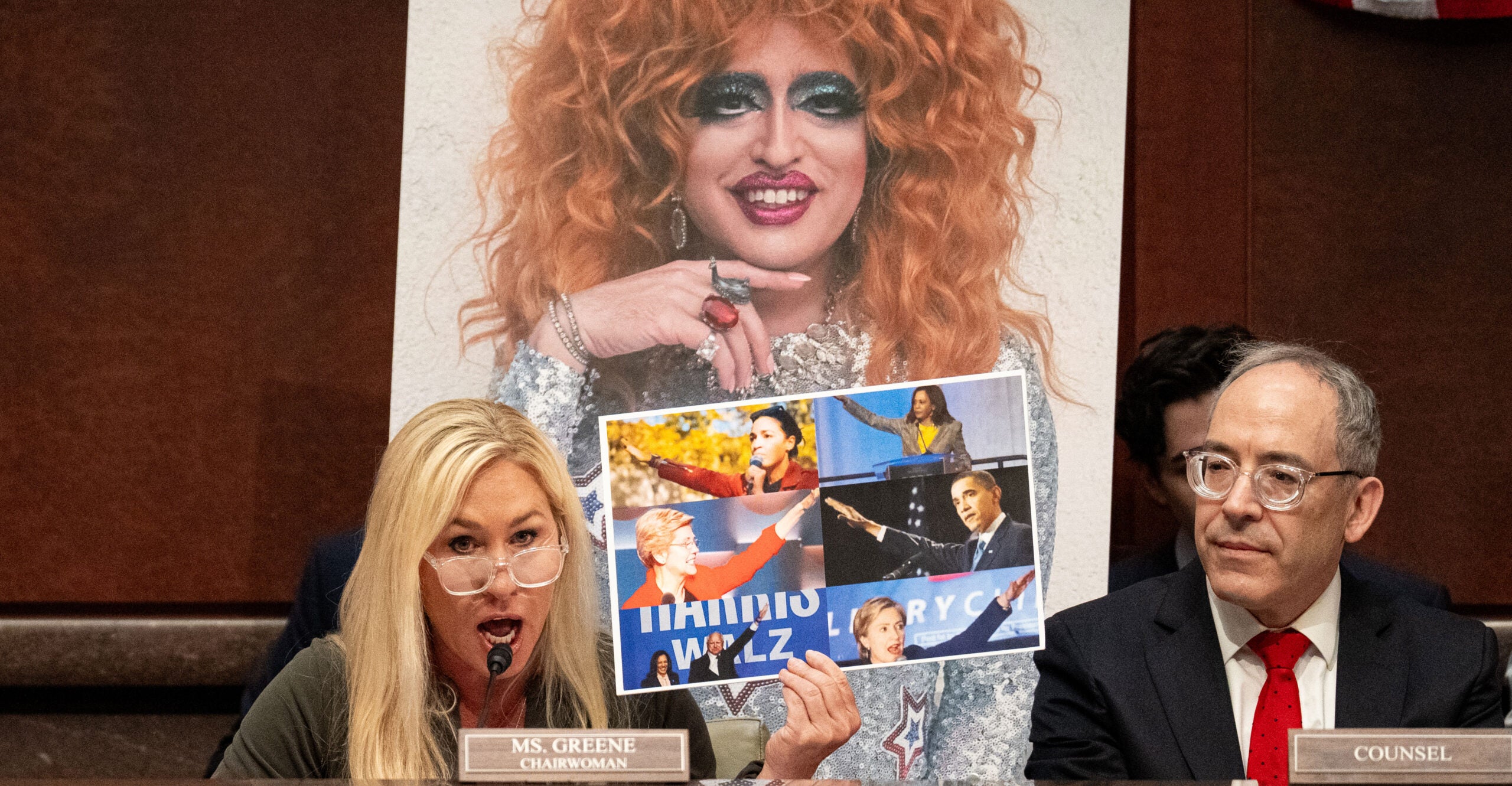More than half of U.S. voters tell pollsters Taylor Swift’s endorsement will benefit Kamala Harris
About a third thought it would have 'no real impact.'

For anyone who doubts the influence of the music megastar Taylor Swift, more than half of U.S. voters say her endorsement in the presidential race will benefit Vice President Kamala Harris.
A Florida Atlantic University poll released Thursday found 58% of voters nationwide said they think the Swift endorsement of Harris would have a positive impact for Harris, the Democratic nominee.
Another 10% said they thought Swift’s endorsement of Harris would benefit former President Donald Trump, the Republican nominee.
And about one-third of voters, 32%, said they thought the endorsement would have “no real impact.”
The breakdown:
- 25%, strongly benefit Harris.
- 33%, slightly benefit Harris.
- 5%, slightly benefit Trump.
- 5%, strongly benefit Trump.
Men and women along with younger and older voters held similar views. There were few differences in voters’ assessment of the Swift endorsement based on age or gender.
There were, however, big differences based on political affiliation.
Among Democrats, 81% said it would benefit Harris, 3% said it would benefit Trump, and 16% said it would have no real impact.
Among Republicans, 34% said it would benefit Harris, 22% said it would benefit Trump, and 44% said it would have no real impact.
Among independents, 57% said it would benefit Harris, 3% said it would benefit Trump, and 40% said it would have no real impact.
Swift’s endorsement may not change a lot of minds, said Keven Wagner, a Florida Atlantic University political scientist, but in motivating people who otherwise might not participate in the election.
“The value of Taylor Swift’s endorsement is that she speaks to potential voters that maybe the campaign can’t reach,” he said. “The potential power of an endorsement may be potentially in bringing people to the polls who might not vote.”
It depends on geography. “If it’s just increasing the margins in New York or California, it’s not going to matter,” Wagner said in a telephone interview, because Harris will easily win those states. “But if she improves the performance of the vice president by a point or two in Pennsylvania or Georgia it might.”
Wagner is also co-director of FAU’s PolCom Lab, a collaboration of the School of Communication and Multimedia Studies and Department of Political Science, which conducted the poll.
Luzmarina Garcia, another FAU political scientist, said in a statement that, “The key value of the Swift endorsement may be in activating younger voters who might not have otherwise voted.”
In endorsing Harris immediately after her debate last week with Trump, Swift wrote on Instagram that the vice president “fights for the rights and causes I believe need a warrior to champion them.”
“I think she is a steady-handed, gifted leader and I believe we can accomplish so much more in this country if we are led by calm and not chaos,” she wrote.
Her Instagram post generated more than 405,999 visitors to vote.gov in the 24 hours after she included a link to the site where people can get voting and registration information. CBS News reported vote.gov had previously averaged 30,000 visits a day.
Swift’s endorsement of Harris seems to have stung Trump, who had previously posted pictures generated by artificial intelligence that suggested Swift endorsed him, including one with text that said “Taylor wants YOU to VOTE for DONALD TRUMP.”
After Swift said those claims weren’t accurate and endorsed Harris, he evidently felt differently. On Sunday, he posted “I HATE TAYLOR SWIFT!” in all capital letters on his Truth Social website.
Fine print
The poll of 820 U.S. registered voters was conducted Sept. 16 and 17 by Mainstreet Research for Florida Atlantic University’s PolCom Lab, which is a collaboration of the School of Communication and Multimedia Studies and Department of Political Science.
The survey used an online panel and automated phone calls to reach other voters. It has a margin of error equivalent to plus or minus 3 percentage points for the full survey of Democrats, Republicans and independents.
However, the margin of error for smaller groups, such as Republicans or Democrats or men and women, would be higher because the sample sizes are smaller.
Anthony Man can be reached at aman@sunsentinel.com and can be found @browardpolitics on Bluesky, Threads, Facebook and Mastodon.


















